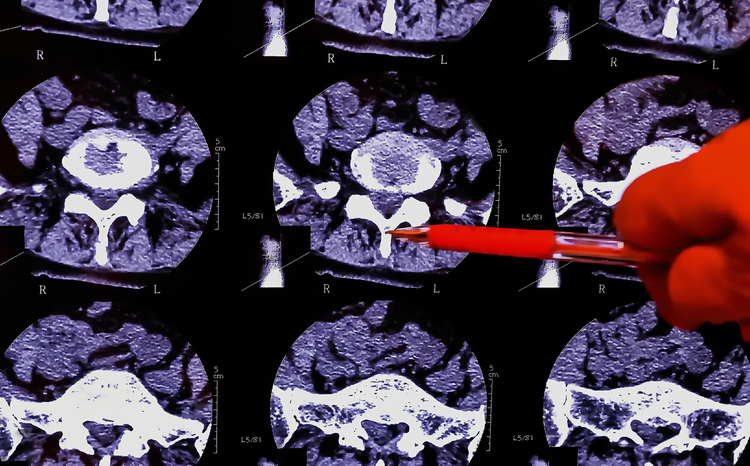Living with Chronic Pain
Tips for Coping With a Rare Disease
Source: U.S. Food and Drug Administration, WebMD, Healthline, American Psychological Association, National Center for Advancing Translational Sciences: Genetic and Rare Disease Information Center: National Institutes of Health

4 people found this helpful
Print
Share
Save
In the United States, a rare disease is defined as a disease that affects fewer than 200,000 Americans. However, because of the large number of rare diseases and the size of the U.S. population, more than 25 million Americans have a rare disease. Receiving a diagnosis of a health condition that few people recognize can be challenging.
Here are some tips to help cope with a rare disease:
- Find an online community. Many rare diseases have online communities where individuals from around the world can share information, resources and experiences. Joining an online community can help with feelings of isolation and loneliness; however, be sure to verify that any information shared is from reputable sources.
- Find the right physicians. Primary care physicians or even local specialists may not have experience with some of the rarest diseases. Consider finding a specialist who has experience treating the rare disease. Disease advocacy groups can help with locating the right physician. The National Organization for Rare Disorders (NORD) website can also be helpful.
- Participate in a clinical trial. If clinical trials are available for a particular rare disease, participating in a trial often offers some of the most advanced care for the disease. It can also help new medications or treatments receive approval so that others with the disease can benefit. Visit clinicaltrials.gov to search for relevant studies.
- Prioritize health and well-being. Eating a healthy diet and participating in physical activity is important for everyone, especially for those who are battling a disease. It is important to reduce stress as much as possible by building a support system and practicing relaxation techniques, such as meditation and deep breathing.
- Seek help when needed. Talking with a psychologist or counselor can help with the stress of having a rare disease. Finding a mental health care professional who has experience working with people with rare or chronic diseases can be especially helpful.


















